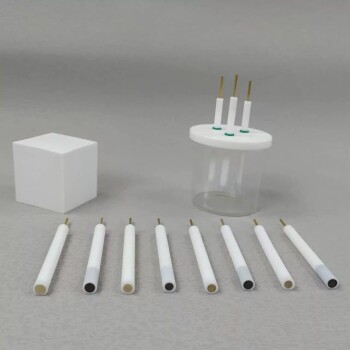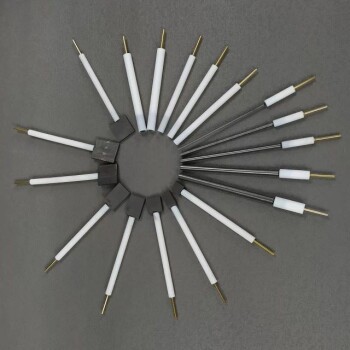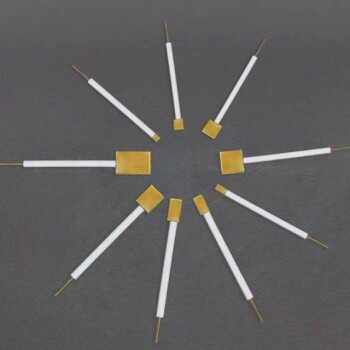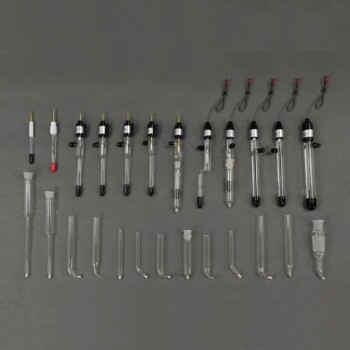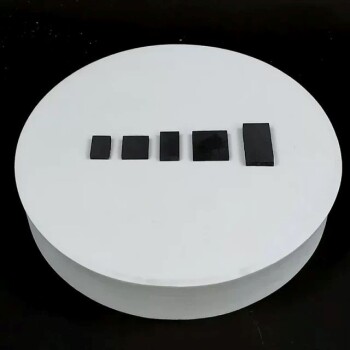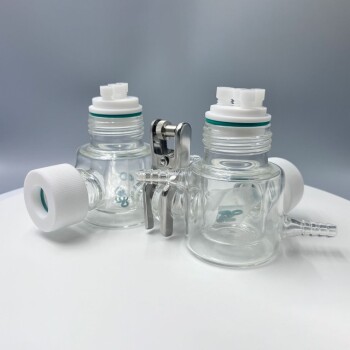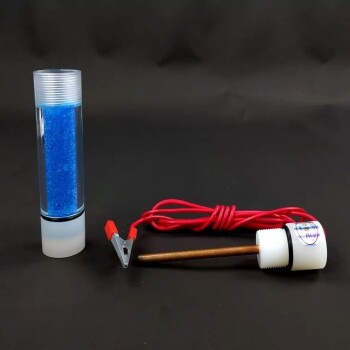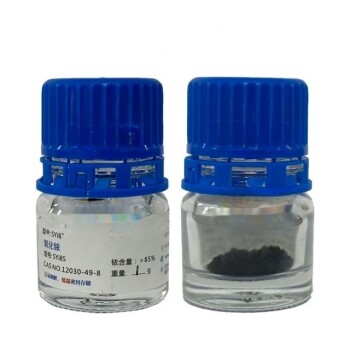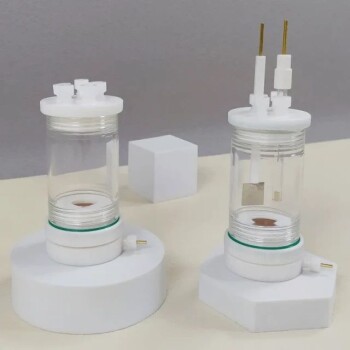At its core, a Platinum-Titanium Functional Electrode is a high-performance component designed for demanding electrochemical applications. Its key features are exceptional corrosion resistance, high catalytic activity for chemical reactions, superior electrical efficiency, and the versatility to function as both an anode and a cathode. This is achieved by bonding a thin, highly active layer of platinum onto a durable, stable, and cost-effective titanium substrate.
The fundamental advantage of a Platinum-Titanium electrode is its ability to combine the unparalleled catalytic performance and stability of platinum with the robust, corrosion-resistant, and lightweight nature of titanium, creating a superior and long-lasting solution for complex electrochemical processes.
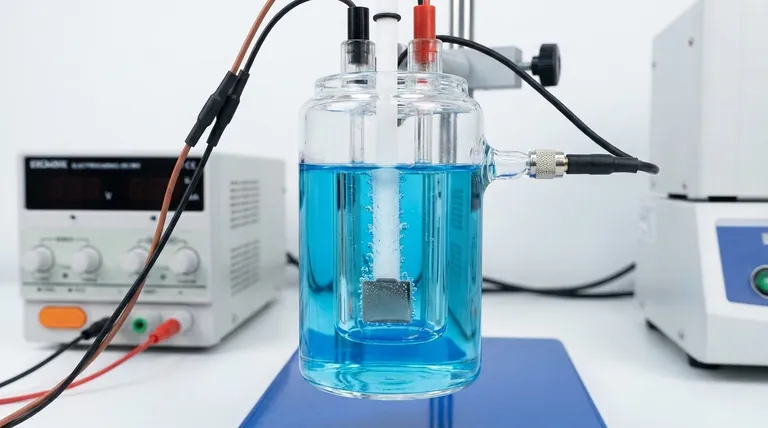
Deconstructing the Core Properties
To understand the value of this electrode, we must examine its key electrochemical and material characteristics. These properties are not isolated; they work together to deliver high performance and longevity.
### Exceptional Durability and Corrosion Resistance
The foundation of the electrode is a titanium substrate. Titanium is known for forming a stable, passive oxide layer, making it highly resistant to corrosion in many aggressive chemical environments.
The outer platinum coating further enhances this durability. Platinum is a noble metal, meaning it is extremely resistant to corrosion and oxidation, ensuring the electrode's integrity and a long service life even under harsh operating conditions.
### Superior Electrochemical Performance
This electrode exhibits a high oxygen evolution potential and a low hydrogen evolution potential. This dual nature is critical, making it an excellent material for use as both an anode (where oxidation occurs) and a cathode (where reduction occurs).
Its surface possesses high catalytic activity, which means it efficiently accelerates desired electrochemical reactions. This leads to better yields and faster process times in applications like organic synthesis or water treatment.
### High Current Efficiency and Reversibility
The design ensures high current efficiency, meaning more of the electrical energy is used for the intended chemical reaction rather than being lost to side reactions or heat.
A key feature is its suitability for polarity reversal. This is crucial in applications where cleaning cycles or process requirements demand switching the electrode from an anode to a cathode, preventing fouling and extending its operational life.
Physical and Structural Advantages
Beyond its electrochemical behavior, the physical construction of the electrode provides significant practical benefits.
### Strong Adhesion and Ductility
The platinum (Pt) layer is applied in a way that ensures it has excellent adhesion to the titanium base. This prevents the coating from flaking or delaminating, which is a common failure point in lesser-quality coated electrodes.
Platinum's inherent ductility (the ability to be shaped without breaking) contributes to this strong bond and allows the electrode to withstand physical stress.
### Versatility in Form Factor
Because of its robust construction, the electrode can be manufactured in a wide variety of shapes to suit specific reactors or cells. Common forms include plates, mesh, tubes, and rods, allowing for custom engineering and optimization.
Understanding the Trade-off: Cost vs. Performance
No technical choice is without its trade-offs. The primary consideration for a Platinum-Titanium electrode is its initial cost.
### The Impact of Precious Metals
Platinum is a precious metal, and its inclusion, even as a thin coating (typically 0.3~10μm), makes these electrodes more expensive upfront than alternatives like graphite or mixed metal oxide (MMO) electrodes.
### Justifying the Investment
The higher initial cost is often justified by a lower total cost of ownership. Its superior durability, long service life, and high efficiency can lead to reduced replacement frequency, lower energy consumption, and more consistent process output over time, outweighing the initial investment.
Is a Platinum-Titanium Electrode Right for Your Application?
Choosing the right electrode depends entirely on your specific process requirements, performance demands, and budget.
- If your primary focus is high-purity plating or synthesis: This electrode is an excellent choice due to its stability, which prevents contamination of the electrolyte and ensures high product quality.
- If your primary focus is demanding electrolysis (e.g., water treatment, hydrogen production): Its high efficiency, corrosion resistance, and ability to handle polarity reversal make it a reliable, long-lasting solution for industrial-scale processes.
- If your primary focus is a cost-sensitive or less demanding application: The high performance may be unnecessary, and a more economical alternative like a graphite or certain MMO electrode might be a more suitable starting point.
This electrode represents a premier solution for when performance, reliability, and longevity cannot be compromised.
Summary Table:
| Feature | Benefit |
|---|---|
| Platinum Coating on Titanium | Combines superior catalytic activity with robust durability. |
| Exceptional Corrosion Resistance | Long service life in harsh chemical environments. |
| High Catalytic Activity | Accelerates reactions for better yields and efficiency. |
| Anode & Cathode Functionality | Versatile for various electrochemical processes. |
| Suitable for Polarity Reversal | Prevents fouling and extends operational life. |
Optimize your electrochemical processes with KINTEK's premium Platinum-Titanium Electrodes.
Our electrodes are engineered for laboratories and industrial facilities that demand uncompromising performance, longevity, and efficiency in applications like high-purity synthesis, electrolysis, and water treatment. By combining the best properties of platinum and titanium, we deliver a solution that reduces your total cost of ownership through superior durability and consistent results.
Ready to enhance your lab's capabilities? Contact our experts today to discuss how our lab equipment and consumables can meet your specific needs.
Visual Guide
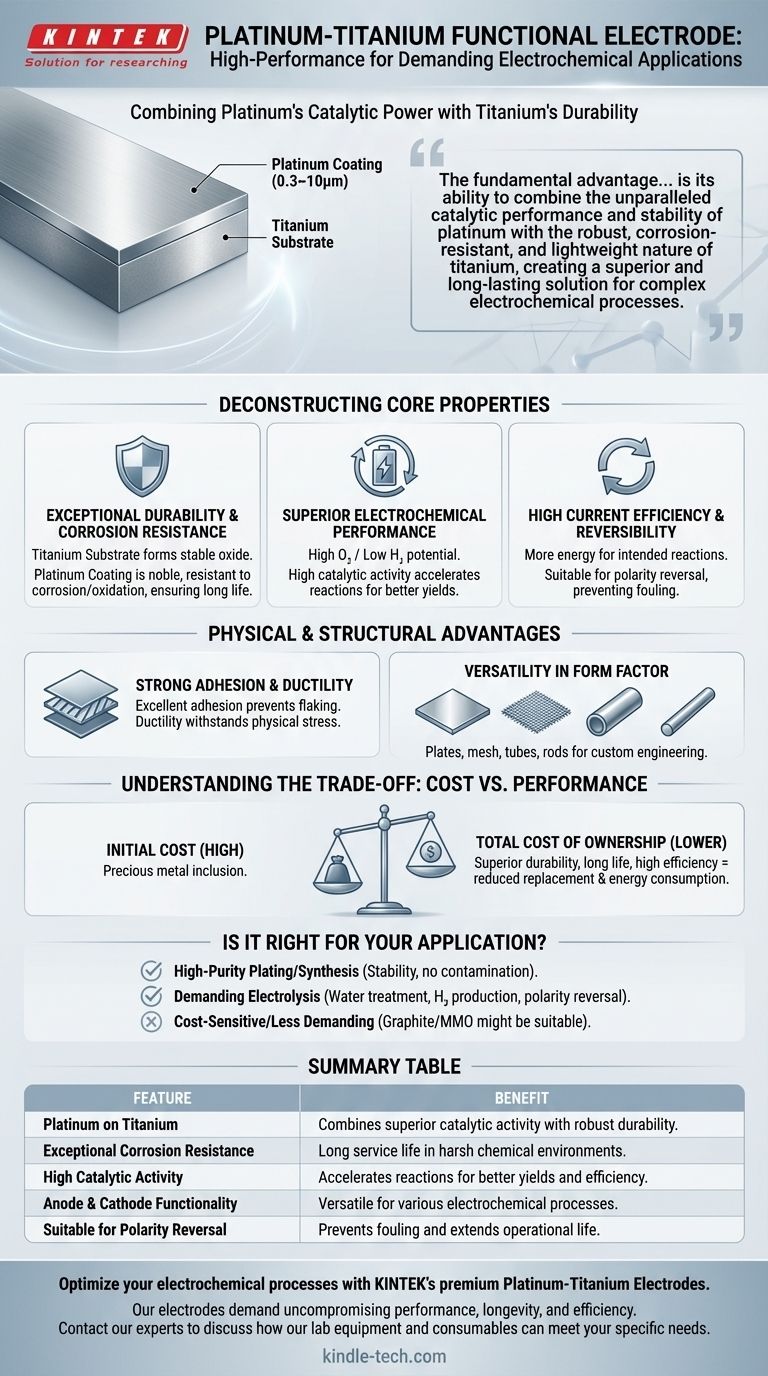
Related Products
- Platinum Sheet Electrode for Laboratory and Industrial Applications
- Rotating Platinum Disk Electrode for Electrochemical Applications
- Platinum Auxiliary Electrode for Laboratory Use
- Metal Disc Electrode Electrochemical Electrode
- Gold Disc Electrode
People Also Ask
- What is the proper post-treatment procedure for a platinum sheet electrode? Ensure Long-Term Accuracy & Protect Your Investment
- What is the expected lifespan of a platinum sheet electrode? Maximize Your Electrode's Service Life
- What are the performance characteristics of platinum sheet electrodes? Unlock Superior Electrochemical Performance
- How should a platinum sheet electrode be pretreated before use? Ensure Accurate Electrochemical Measurements
- What are the key performance characteristics and applications of platinum sheets? Unmatched Reliability for Demanding Applications



